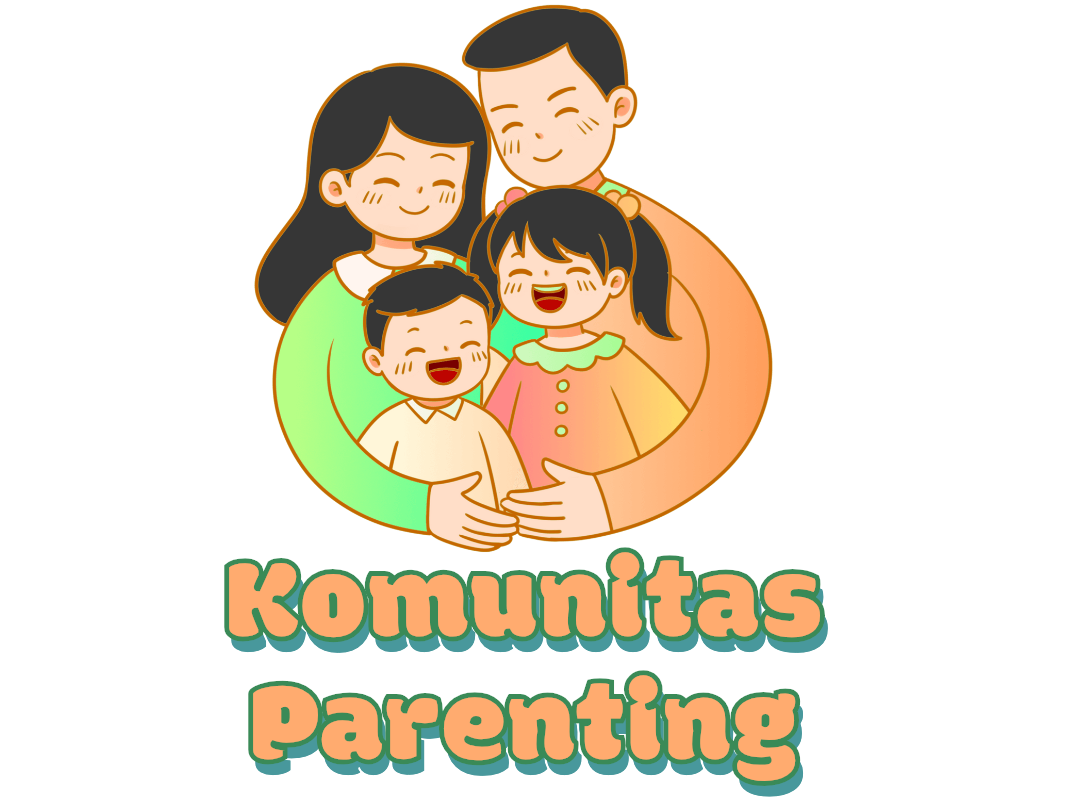Guaranteeing Feasibility and Time Management in Topic Selection
Introduction
Picking a project topic for your IGNOU MCom research project in 2025 calls for careful consideration to ensure it is both viable and can be completed within the project deadlines. A doable topic fits with your capabilities and data availability, while effective scheduling ensures you meet IGNOU’s submission deadlines. By focusing on practicality and efficiency, you can create a effective project that satisfies MCOP-001 guidelines. This article details how to choose a topic that is practical and supports timely completion in 2025.
The Importance of Feasible Topics
A feasible topic is one that you can investigate with the tools available to you. For MCom students, this means selecting a topic that is based on obtainable data sources, such as public databases, and fits your capabilities. For instance, a topic like “Evaluation of GST Impact on Small Businesses” is feasible because it uses open data from Ministry of Finance.
Additionally, a feasible topic reduces the risk of complications during the research process. By choosing a topic that is achievable, you can focus on producing a high-quality project that meets MCOP-001 guidelines, while also managing time and effort.
Why Timely Completion Matters
Time management is critical for completing your MCom project within IGNOU’s 2025 schedule. A structured project timeline ensures you have enough time for research and writing your report. A topic that is too ambitious, such as “Global Financial Systems,” can result in delays due to extensive research. Instead, a targeted topic like “Impact of Interest Rate Changes on Indian SMEs” is more achievable.
Strategic time management also allows you to balance your project with academic responsibilities, such as coursework. By selecting a topic that fits your time constraints, you can prevent last-minute stress and deliver a well-crafted project.
Choosing a Practical Topic
To ensure viability, start by assessing your resources. Do you have access to information, such as online databases? For case, a topic like “Consumer Behavior in E-Commerce Post-2025” is doable because you can collect data through market reports, which are accessible to students.
Additionally, consider your research skills. If you’re proficient with data interpretation, a topic like “Financial Performance of Indian Retail Firms” is suitable. If you prefer interviews, a topic like “Impact of Remote Work on Employee Motivation” may be more achievable.
Checking Data Access
Data accessibility is a key factor in choosing a feasible topic. Avoid topics that depend on proprietary data, as these can be impractical to access. For example, a topic like “Internal Financial Strategies of Private Banks” may be impractical due to data restrictions. Instead, choose a topic like “Impact of GST on SMEs” that uses publicly available data from trade associations.
Discuss your faculty advisor to assess data availability. They can propose alternative topics that are researchable. For instance, if you’re interested in online promotions, they might suggest “Impact of Social Media Ads on Consumer Purchases,” which can use analytics tools for research.
Structuring Your Schedule
Strategic time management starts with a detailed project timeline. Break your project into steps, such as data collection, and assign timeframes to each. For case, allocate 2 weeks for topic selection, 1 month for data collection, and 8 weeks for analysis and writing. This guarantees you stay on track to meet IGNOU’s 2025 deadlines.
Pick a topic that matches your timeline. For instance, a topic like “Evaluation of Green Accounting Practices in Indian Firms” is achievable because it depends on sustainability indices, which are quick accessible, allowing you to finish your project on time.
Balancing Ambition and Practicality
While it’s appealing to choose an complex topic, such as “Global Economic Trends,” these can be challenging and cause delays. Instead, opt for a focused topic that is feasible within your skills. For instance, “Effect of Digital Banking on Customer Satisfaction in India” is specific and allows for survey-based research.
Your faculty guide can help you balance ambition with practicality. They may suggest narrowing a broad topic like “Digital Transformation” to “Impact of AI in Indian Retail Banking” to ensure it is practical and can be completed within the project deadline.
Aligning with Your Skills and Interests
A feasible topic should match with your strengths and interests. If you’re enthusiastic about finance, a topic like “Stock Evaluation of Indian Banks” is fitting if you have data analysis experience. If you prefer qualitative research, a topic like “Workforce Motivation in Remote Work Settings” may be more practical.
Think about your personal interests when choosing a topic. A topic that inspires you will sustain your focus, while one that matches your skills will simplify the research process.
Engaging with Advisors
Your faculty advisor is essential for guaranteeing your topic’s viability and efficiency. Discuss with them early to assess whether your topic is researchable. For case, if you propose “Effect of Technology on Global Commerce,” they might suggest “Impact of FinTech in Indian Banking” to confirm research feasibility.
Be receptive to their recommendations and leverage their knowledge to refine your topic. Regular collaboration ensures your project stays on track and meets MCOP-001 requirements.
Conclusion
Confirming viability and efficiency in topic selection is the key to a effective Ignou handwritten project (https://arabesqueguide.net/influence-of-pandemic-on-education-sector-in-urban-areas) MCom project in 2025. By selecting a topic like “GST Impact in Indian Firms” that depends on accessible data, matches your skills, and matches your availability, you can create a high-quality project. Collaborate your faculty guide, plan your timeline proactively, and deliver a successful MCom project that satisfies academic requirements in 2025.
